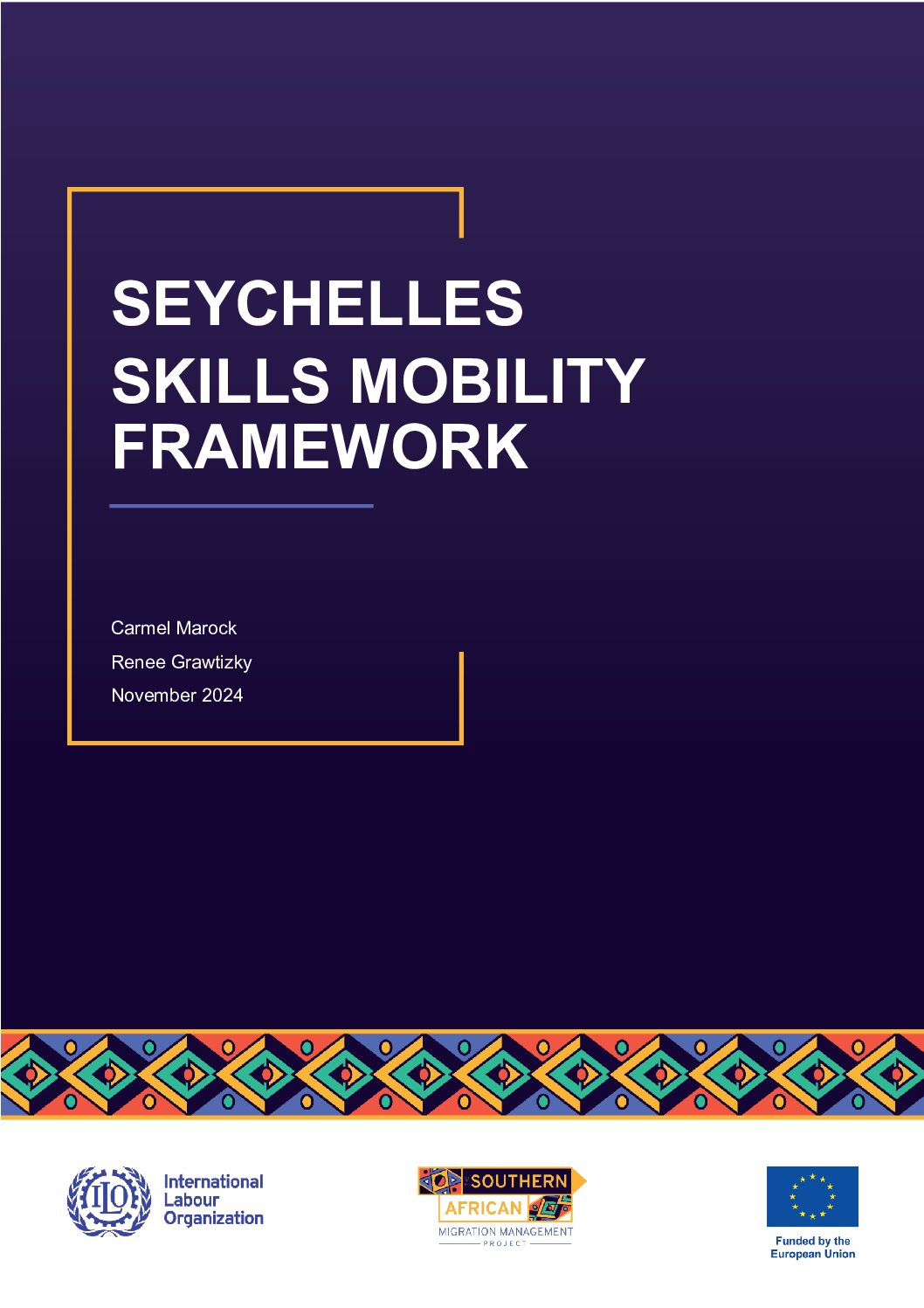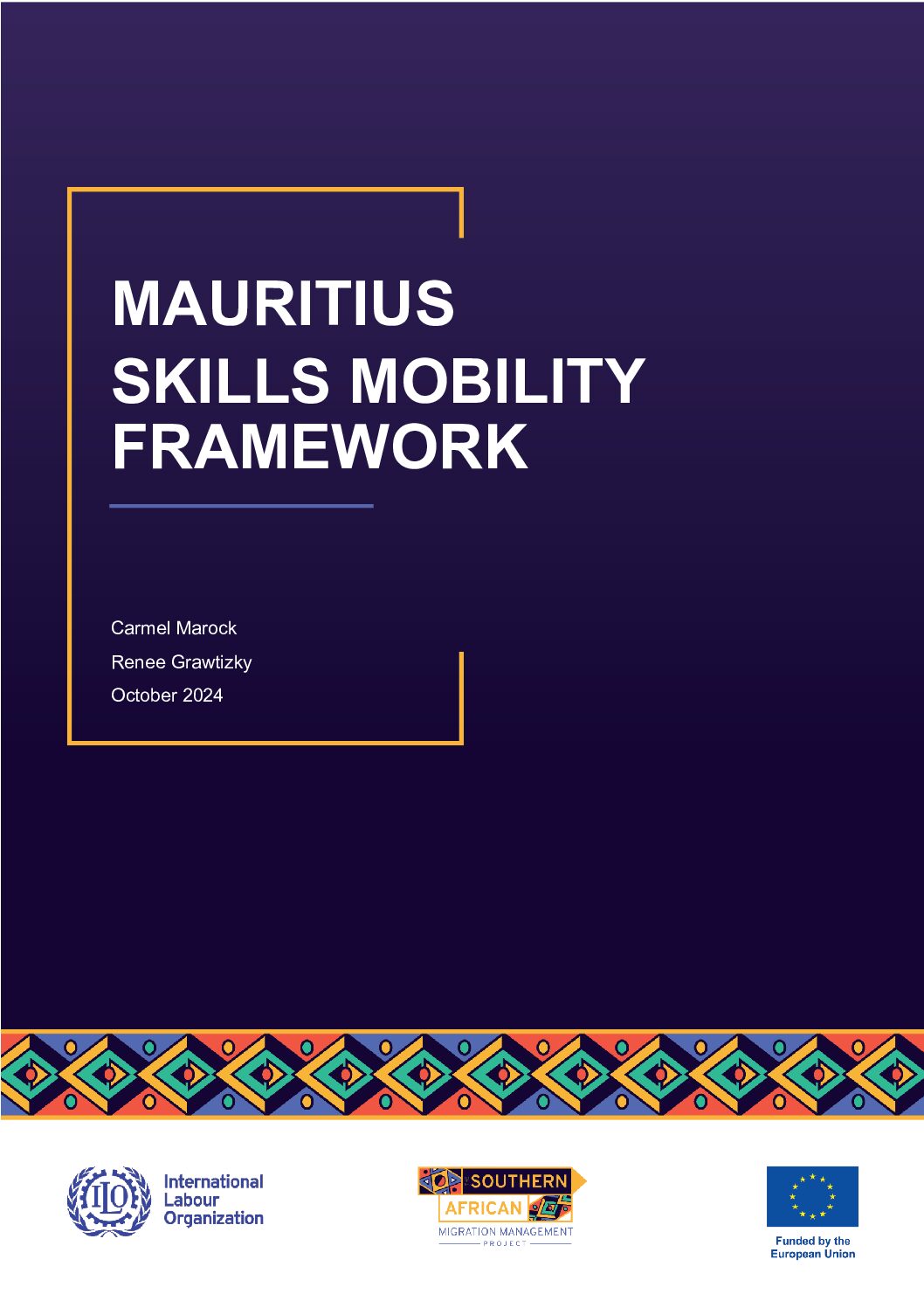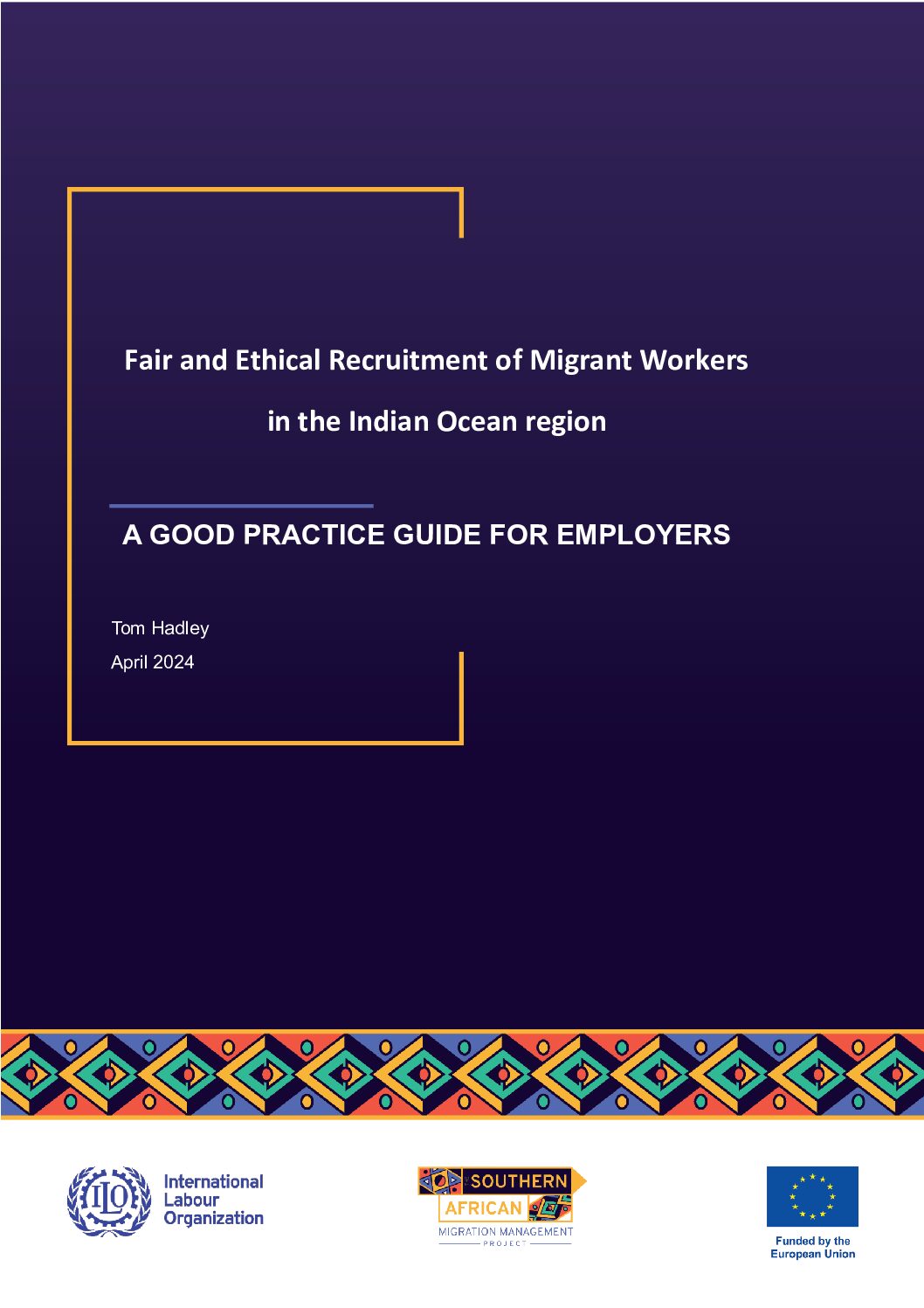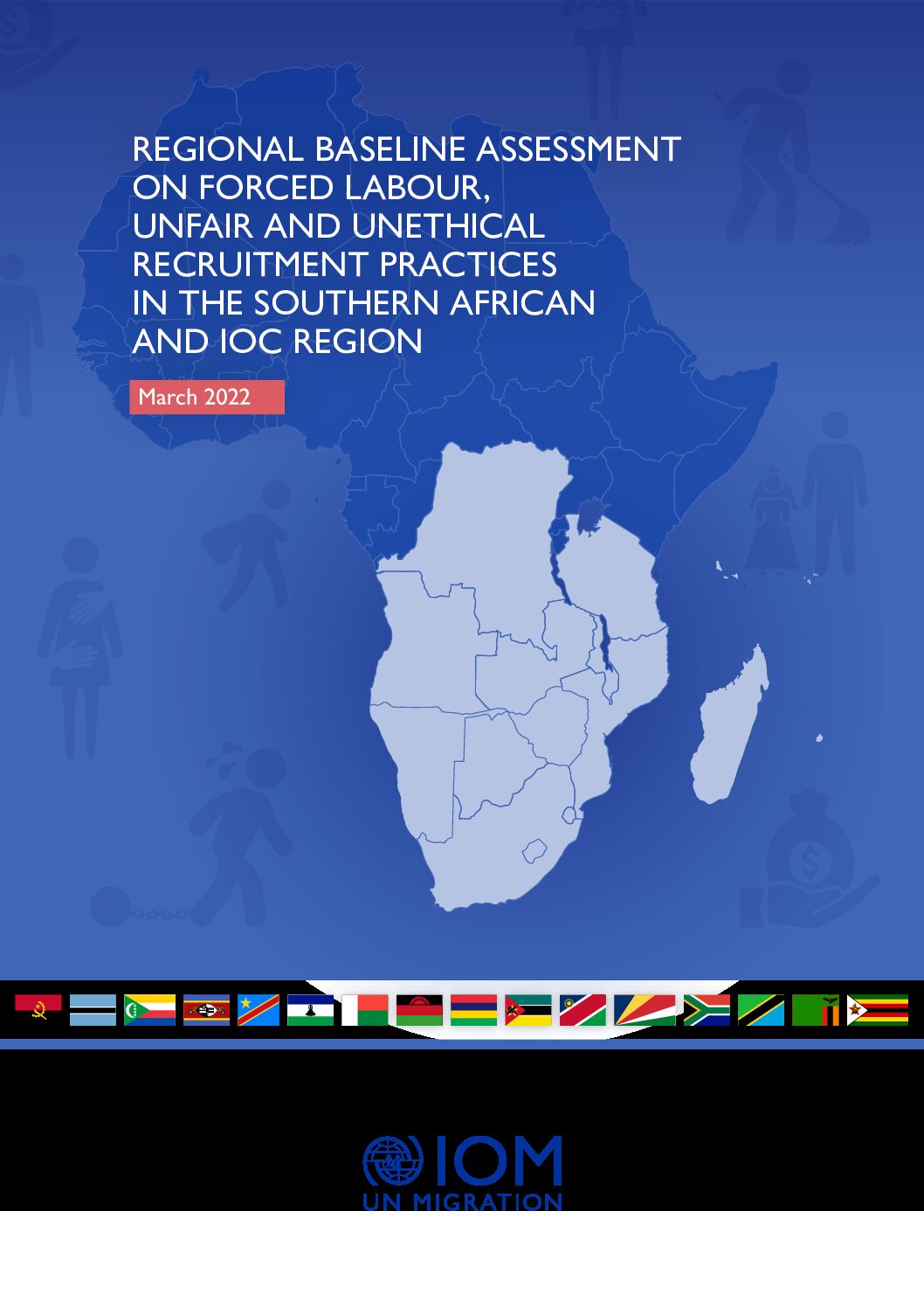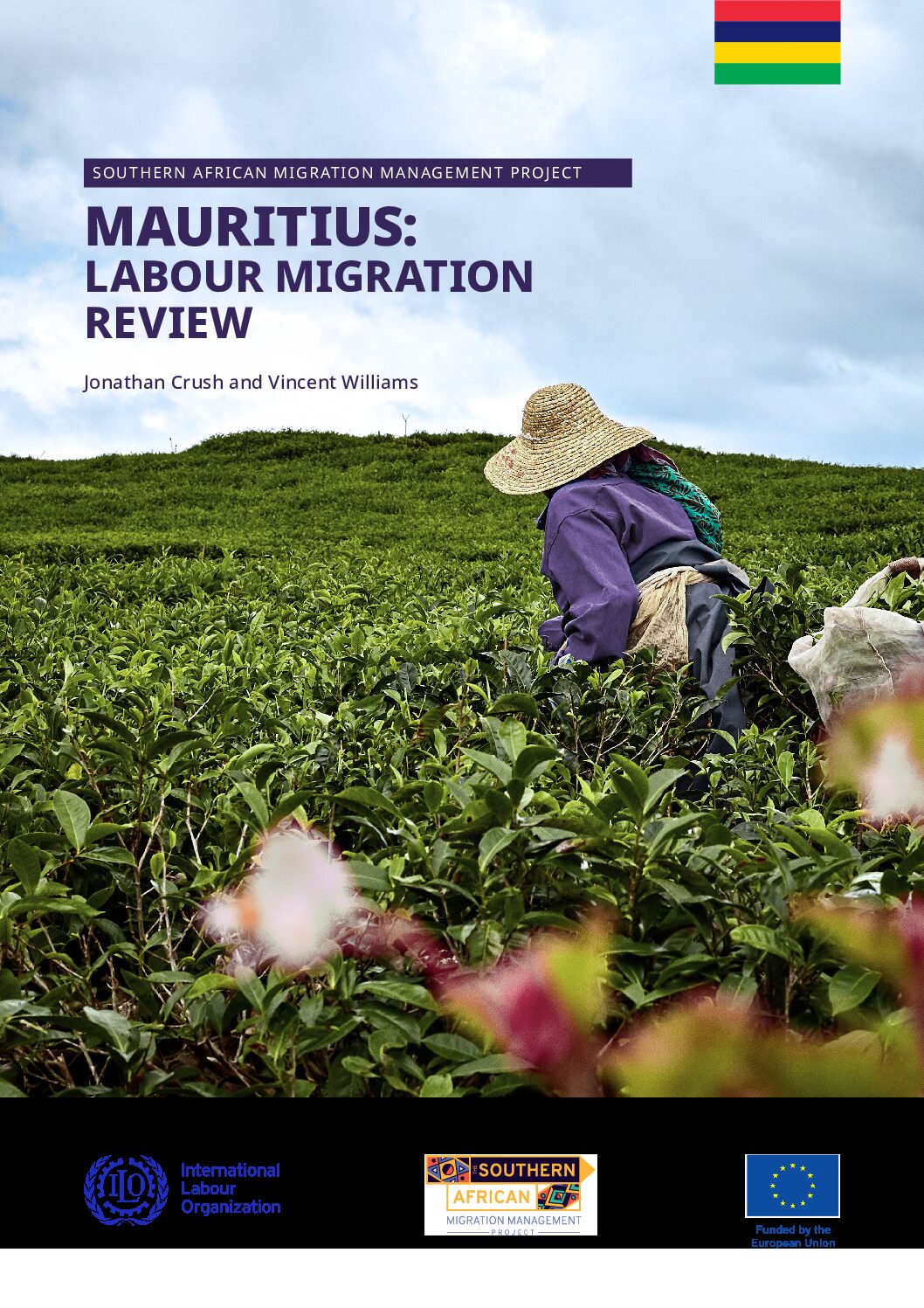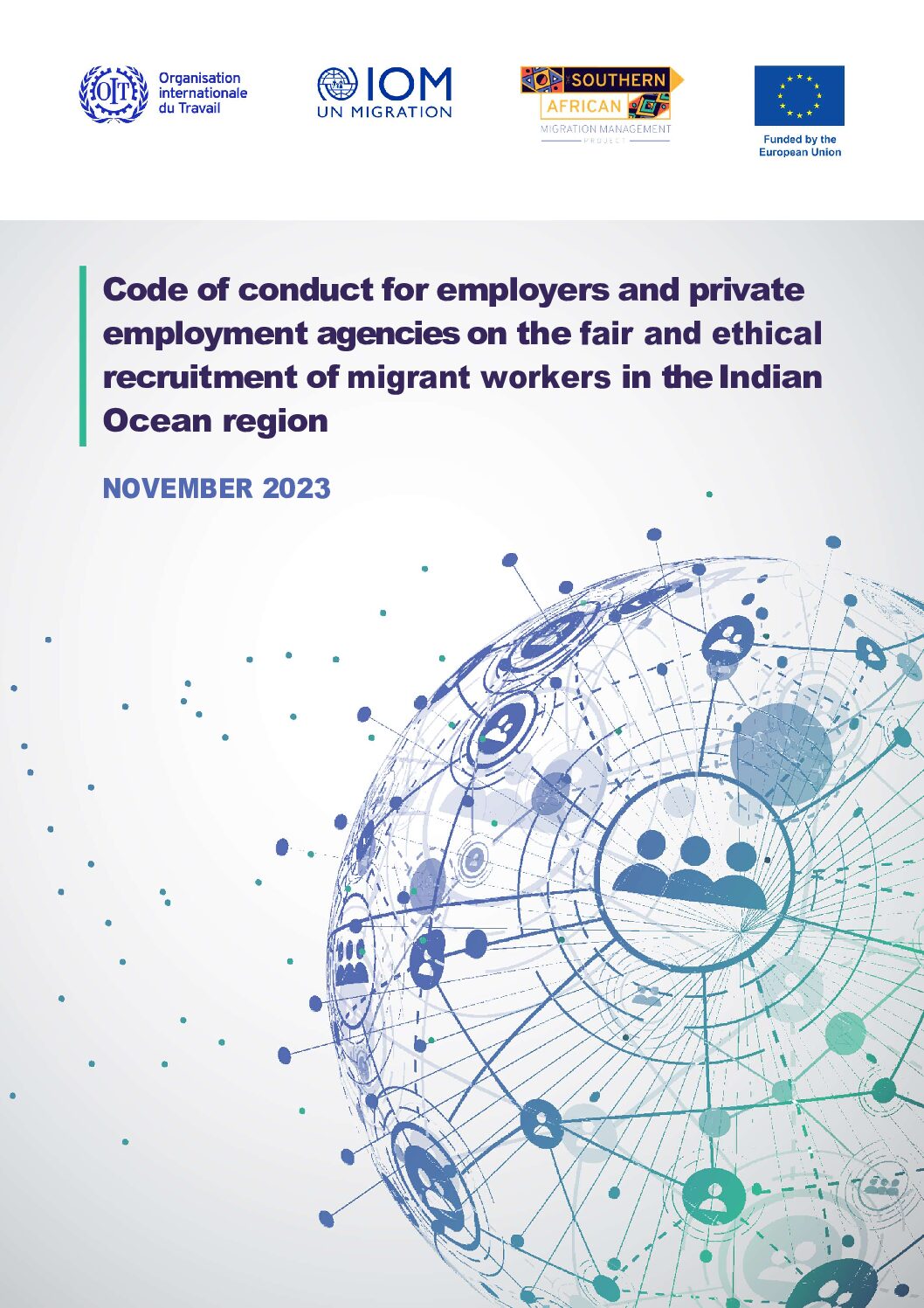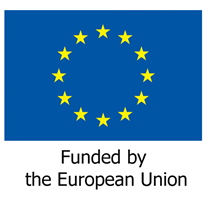IOC
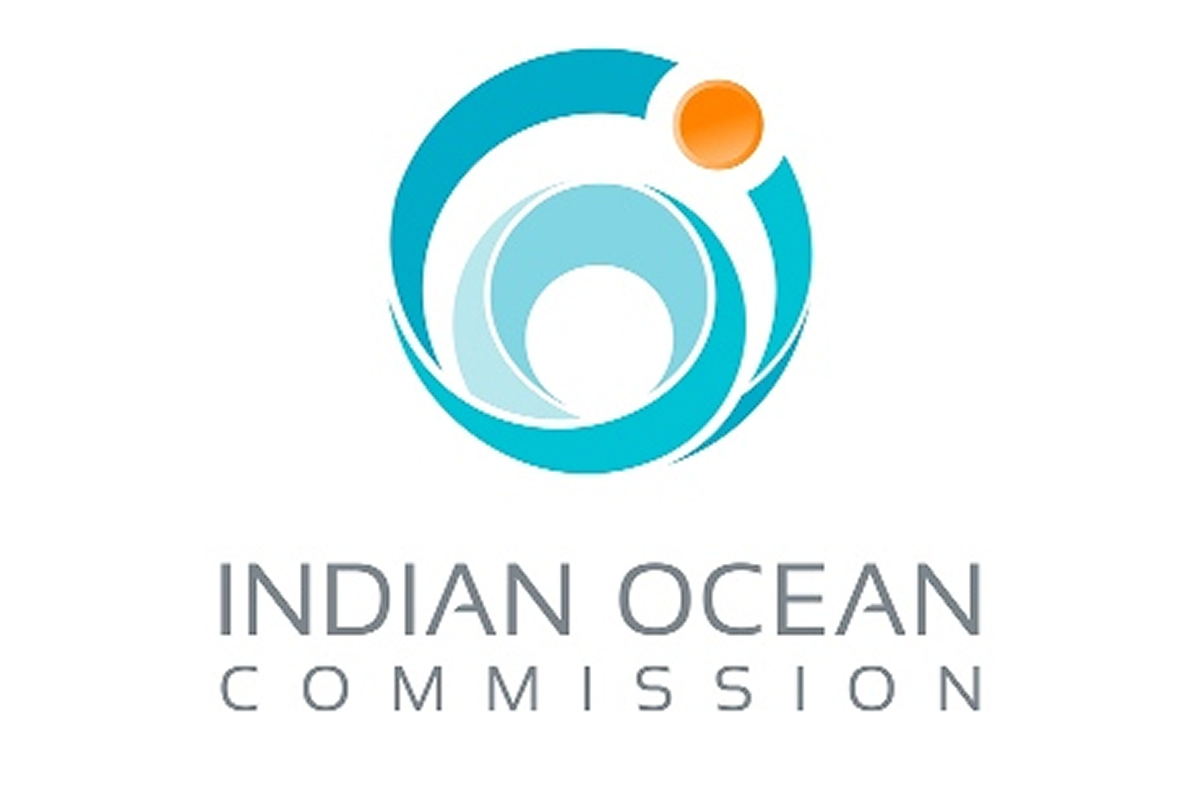
Indian Ocean Commission
The Indian Ocean Commission (IOC) is an intergovernmental organisation that brings together five member states: the Union of Comoros, Réunion (an overseas region of France), Madagascar, Mauritius and Seychelles. It is the only regional organisation in Africa comprising exclusively of Island nations.
Created by the Port-Louis Declaration in 1982, the IOC was institutionalized in the Seychelles in 1984 by the General Cooperation Agreement, better known as the “Victoria Agreement”. The Organisation was further joined by Comoros and France (Réunion Island) in 1986.
In 1989, the IOC was provided with a General Secretariat. The headquarters of the IOC is located in Mauritius.
Gaining in attractiveness and diplomatic stature, the IOC has been welcoming observer members since 2016, notably China, Japan, India, the United Nations, European Union, International Organisation of La Francophonie, Sovereign Order of Malta.
Its goal? Advocating the specific needs of its member states both at the regional and international levels.
Benefitting from the active support of a dozen international partners, the IOC has acquired recognized expertise in the management of marine and coastal environments, fisheries and the preservation of biodiversity. It thus gives substance to regional solidarity through development cooperation projects covering a wide range of sectors such as environmental management and preservation, climate change mitigation, sustainable coastal zone management, maritime security, entrepreneurship, public health, renewable energy, culture as well as mobility and migration.
- Building the Indian Oceania of the future …
Around fifty projects have already been implemented since the creation of the IOC. These projects contributed efficiently in the implementation of the 2030 Agenda for a Sustainable Development, namely:
- HYDROMET, the project aimed at strengthening the resilience of communities while facing the impacts of climate change and increasing the adaptive capacity (urban planning, agriculture, etc.) in the island states of the South West Indian Ocean;
- RSIE, a public health project combining human, animal and environmental health;
- MASE, the maritime safety project dealing with economic, environmental and security issues (drug trafficking, weapons or human trafficking)
For more information, kindly take a look at all the ongoing projects here
IOC
TYPE
- Brochure
- Factsheet
- Guidelines
- Newsletter
- Podcasts
- Policy Brief
- Policy Frameworks
- Publication
- Report
- Weblink
 English
English